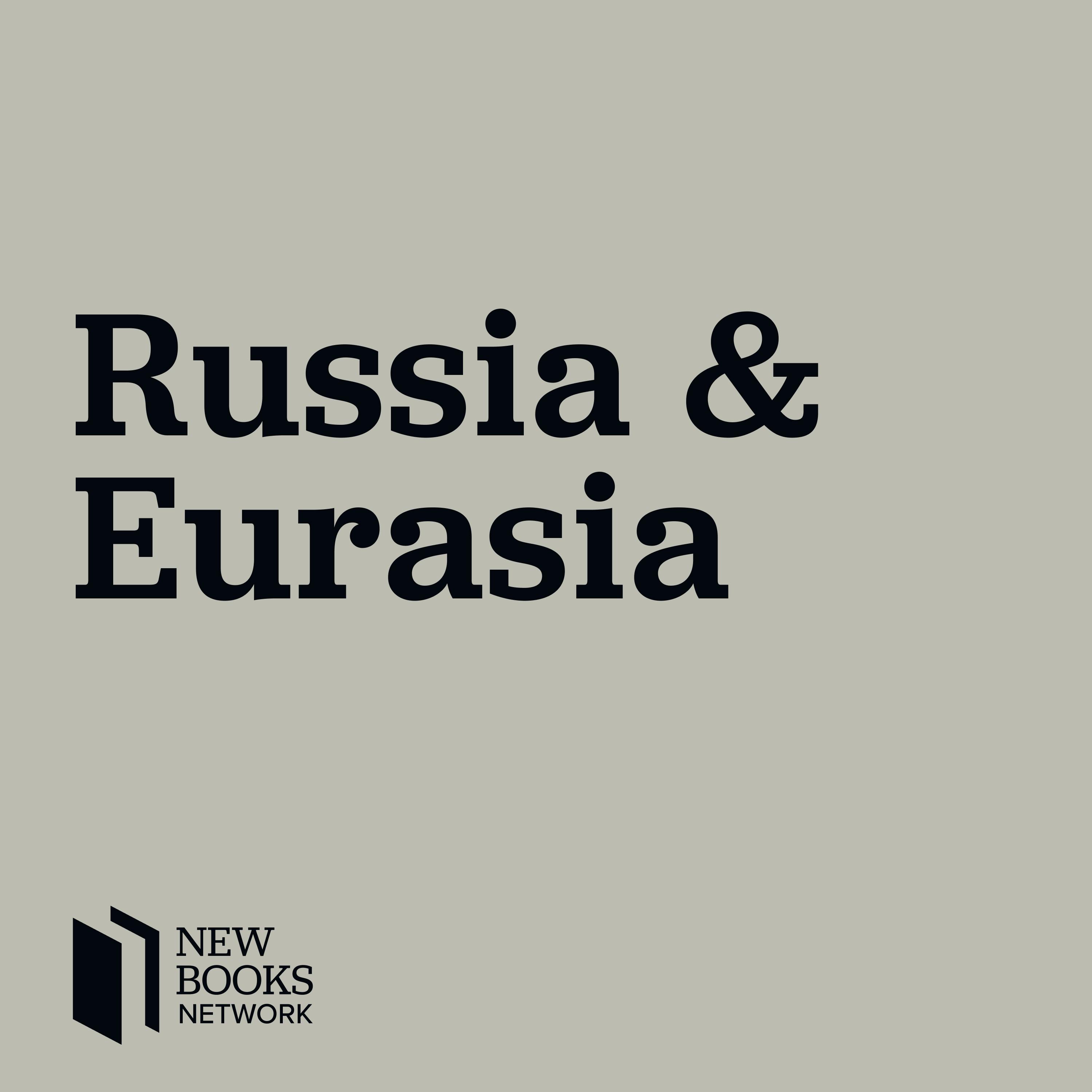Rachel Applebaum, "Empire of Friends: Soviet Power and Socialist Internationalism in Cold War Czechoslovakia" (Cornell UP, 2019)
Description
The familiar story of Soviet power in Cold War Eastern Europe focuses on political repression and military force. But in Empire of Friends: Soviet Power and Socialist Internationalism in Cold War Czechoslovakia (Cornell University Press, 2019), Rachel Applebaum shows how the Soviet Union simultaneously promoted a policy of transnational friendship with its Eastern Bloc satellites to create a cohesive socialist world. This friendship project resulted in a new type of imperial control based on cross-border contacts between ordinary citizens. In a new and fascinating story of cultural diplomacy, interpersonal relations, and the trade of consumer-goods, Applebaum tracks the rise and fall of the friendship project in Czechoslovakia, as the country evolved after World War II from the Soviet Union's most loyal satellite to its most rebellious.
Throughout Eastern Europe, the friendship project shaped the most intimate aspects of people's lives, influencing everything from what they wore to where they traveled to whom they married. Applebaum argues that in Czechoslovakia, socialist friendship was surprisingly durable, capable of surviving the ravages of Stalinism and the Soviet invasion that crushed the 1968 Prague Spring. Eventually, the project became so successful that it undermined the very alliance it was designed to support: as Soviets and Czechoslovaks got to know one another, they discovered important cultural and political differences that contradicted propaganda about a cohesive socialist world. Empire of Friends reveals that the sphere of everyday life was central to the construction of the transnational socialist system in Eastern Europe―and, ultimately, its collapse.
Learn more about your ad choices. Visit megaphone.fm/adchoices
Support our show by becoming a premium member! https://newbooksnetwork.supportingcast.fm/russian-studies
More Episodes
Today we are going to explore a fascinating volume of the Yiddish library, the autobiography of Pinkhes-Dov Goldenshteyn. Set in Ukraine and Crimea, this unique autobiography offers a fascinating, detailed picture of life in late nineteenth- and early twentieth-century Tsarist Russia....
Published 06/28/24
In The Soviet Union and the Construction of the Global Market. Energy and the Ascent of Finance in Cold War Europe, 1964–1971 (Cambridge University Press, 2023), Oscar Sanchez-Sibony reveals the origins of our current era in the dissolution of the institutions that governed the architecture of...
Published 06/22/24
Linked by declarations of emancipation within the same five-year period, two countries shared human rights issues on two distinct continents. In When Emancipation Came: The End of Enslavement on a Southern Plantation and a Russian Estate (McFarland, 2022), readers will find a case-study...
Published 06/19/24


